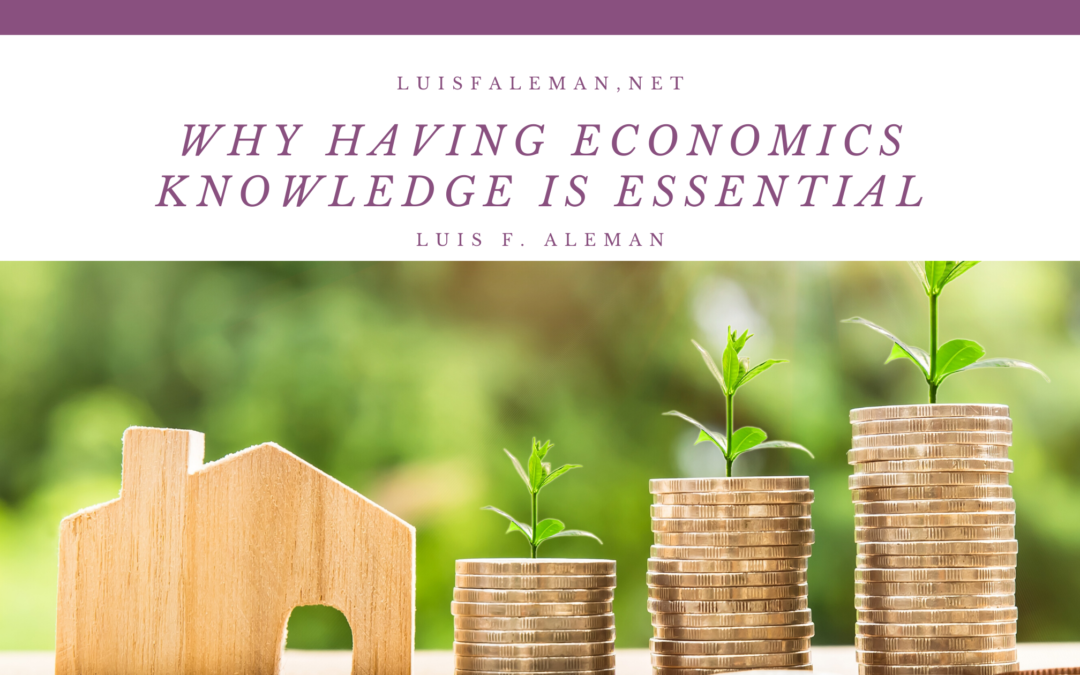Many of us remember hearing from teachers how much the things we learned in school would have real-world value someday. When we reach adulthood, we see there are absolutely some cases where this holds true. As it turns out, understanding economics and math have a great impact on how we navigate adulthood.
Economics is one of the social sciences, examining societies and the relationships among its members. It covers issues like production, distribution, consumption, and scarcity of goods and services. Macroeconomics and microeconomics are the two most commonly heard terms when it comes to this field. Macro refers to things on a large scale that can affect whole economies, such as market systems, national income, inflation, pricing, the rate of economic growth, gross domestic product (GDP), and unemployment changes. Microeconomics, on the other hand, provides a more detailed look by examining competition and market structures, along with the behavior of individuals and firms in making decisions about the allocation of limited resources.
Beyond that, it branches out into many subcategories. The concept of fundamental economics, for example, deals with the decisions about why, how, and where to produce goods and services. There are numerous fundamental areas that are examined, such as cost-benefit analysis, division of labor, economic institutions, incentives, resources, opportunities, property rights, availability of a product, and trade exchange, to mention a few.
There are also industry-specific categories. Health and education economics treats the idea of healthcare and education as a human capital investment. This includes exploration of the demand for education and holding it up against the financing and efficiency of different educational programs and policies.
Agricultural economics is an applied field of economics that started initially with a focus on land usage, maintaining a good soil ecosystem, and crop yields. It has since expanded to include discussions about maximizing the production and distribution of food and fiber.
On a more direct level, personal finance is how we benefit from lessons learned in school. Being able to understand how compound interest works can help you prepare early for retirement, even at the college-level. It also includes every aspect of money management, such as budgeting, saving, and investing. It gives you the tools you need to choose the best insurance or mortgage for your situation. In addition to all of that, it’s important to understand how to file a tax return, not only to avoid penalties or prison but also to ensure you are taking advantage of all of the deductions you legally qualify for.
